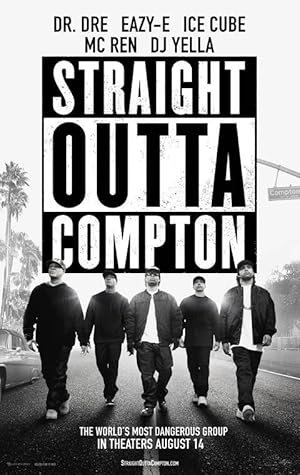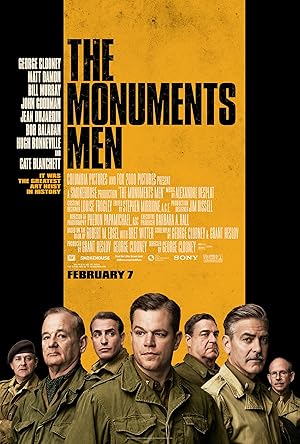Movie Discussion: The Master
Warning! This entire discussion contains spoilers for The Master.

A Naval veteran arrives home from war unsettled and uncertain of his future - until he is tantalized by the Cause and its charismatic leader.
Genre: Drama
Director: Paul Thomas Anderson
Writer: Paul Thomas Anderson
Actors: Philip Seymour Hoffman, Joaquin Phoenix, Amy Adams
Release Year: 2012
Want to join the discussion? Log in or register to reply.
Similar Movie Discussions
Black Mass
a biopic starring Johnny Depp as gangster Whitey Bulger Go »
Boyhood
Richard Linklater's movie about growing up, shot over 12 years Go »
Zero Dark Thirty
Kathryn Bigelow's dramatization of the hunt for Osama bin Laden Go »
Straight Outta Compton
a dramatization of the rise of N.W.A and West Coast rap Go »
The Wolf of Wall Street
Martin Scorsese's true-story depiction of excess and greed on Wall Street Go »Her
Spike Jonze's love story about a lonely writer and his operating system Go »
The Monuments Men
a WWII tale about protecting endangered art, written and directed by George Clooney Go »








Scott Hardie | April 2, 2013
Obviously the contentious friendship of Freddie Quell and The Master takes up most of the screen time, but I think the more important relationships are between Freddie and his family: His drunken and abusive father, his absent and fragile mother, and the aunt who seduced him as a minor. Regardless of what he implies about instigating the incest, it's pretty apparent that he's a rape victim, and this has left him with something of a madonna-whore complex with women: He idolizes his pre-war, high-school-aged sweetheart and gets hostile when anyone speaks ill of her, but he brazenly and obscenely propositions every other woman he meets, seeming unable to think of them as anything other than sluts. Indeed, sex seems to be on his mind constantly, as we see him undress an entire room full of women with his mind, and the flashbacks to his wartime R&R mostly involve his affection for a sandcastle that became a love object, the only simple relationship he ever had with a woman. The arc of the movie is about Freddie conquering his demons, which are not really about wartime trauma and not really about booze, and not even really about the abuse he must have suffered at the hands of a father he hates but still misses, which colors his relationship with the paternal Master (not to mention the migrant worker he poisons). To me, the real demons are his feelings about women, and his need for love. He is scared to go home and find out that his high-school sweetheart has left him, but when he has finally grown enough as a man to leave The Cause (just as a boy grows enough to move out of his parents' house), he returns to his hometown and learns that she has indeed left him, and he is at peace with it. This news seems to free him from all of his rage, and he spends the last few scenes of the film in a tranquil state, at peace with himself at last. In the final scene, during sex with a stranger, he betrays no sign of hostility towards the woman, and indeed has become paternalistic himself. He is a healed man, and will go on to have a normal life.
Is the Master intended to be a fraud? The movie is mostly oblique on this point. But the scene where Helen sits beside him on the bench to ask about the inconsistent terminology in his new book, and he snaps at her upon realizing that he has made a major error and been caught, is clear enough for me. He's a bullshit artist, or maybe a bullshit master would be the appropriate term. Freddie can grow as a man only when he realizes this and accepts it and still loves the Master anyway, even though they can't be friends any more.